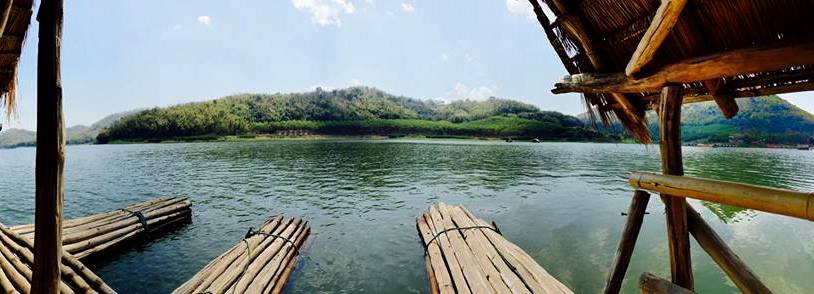For years I’ve dreamed of studying abroad—the time when I’d get to live somewhere completely new, immerse myself in a culture different than my own, learn about the unique complexities of another society, and have all kinds of extraordinary experiences. While I hope to spend the rest of my life traveling, studying abroad is an opportunity I’ll only get once. There is no other time that I will be able to take such a lengthy trip dedicated solely to learning and taking in the experience, surrounded by people my own age, and relatively unhampered by financial burdens or family/work responsibilities. Study abroad is the aspect of college that I was most excited for before I even knew where I was going. It’s remained on the forefront of my mind for my past two years at Rochester.
And it’s finally here. Almost.
I’ve sent in my application, been accepted, and confirmed my spot on the Council for International Education Exchange’s Khon Kaen Development and Globalization program. Come August, I’ll be headed to Thailand where I’ll spend four full months learning Thai, exploring the social aspects of environmental and development issues, and working closely with international journalists and NGOs. I could not be more excited.
While I’m now convinced that CIEE Khon Kaen is the best program for me, I didn’t come to this conclusion until I’d completed months of research and contemplation. Rochester offers a huge variety of study abroad options that can be somewhat overwhelming for someone like me who entered college without any idea of where I wanted to go overseas. With this in mind (and fueled by my bountiful eagerness), I started looking into my options early and eventually discovered the perfect program.
Here are a few of things that I took into consideration when making my selection:
Location
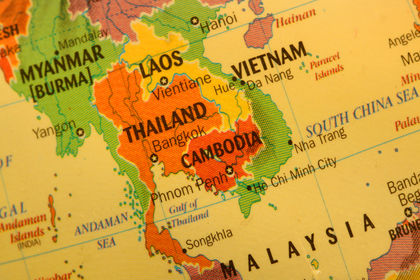
Rochester students are lucky enough to be able to choose from study abroad programs all over the world. In many cases, there are a variety of programs available within a single country. As someone who would be happy to go anywhere in the world, location did not end up playing a huge role in my decision. However, for many of my friends, the location of their study abroad program is critical. For some, studying abroad will be a chance to explore their ancestral roots; for others, it’s an opportunity to experience a culture they have a particular interest in. For many, studying overseas allows them to finally become fluent in a foreign language. Personally, I’m just thrilled to have found such an incredible program in the nation that just so happens to be the home of my favorite cuisine.
Length
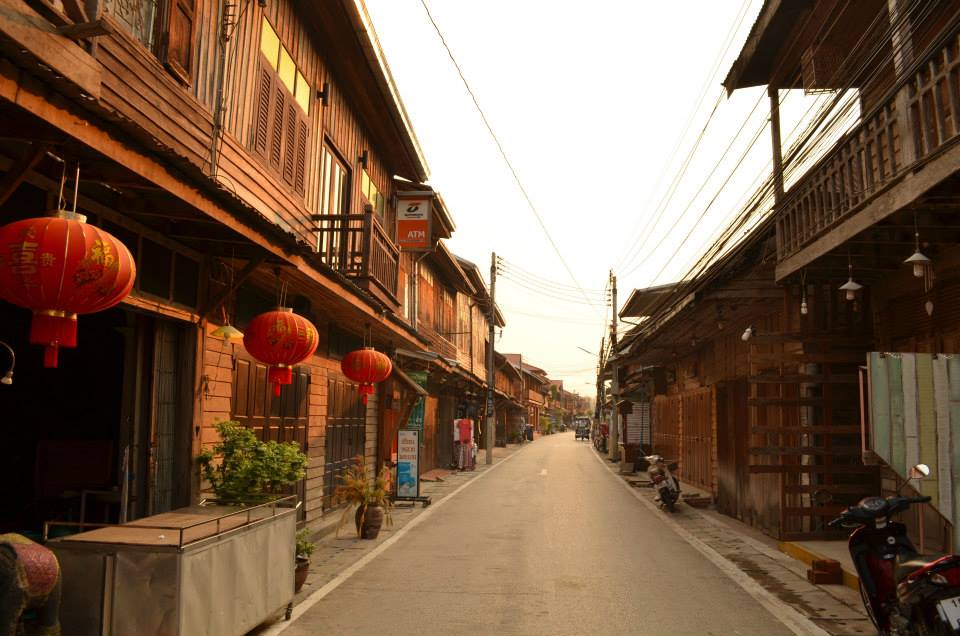
When it comes to study abroad duration, students have several options. While most (like me) go on semester-long programs, others participate in yearlong programs or summer programs ranging in length from a couple weeks to a couple months. Different program types work for different kinds of students. In my case, a semester program is ideal—long enough to immerse myself in the culture but not so long that I miss out on too much of my brief and treasured time at Rochester.
Program Type
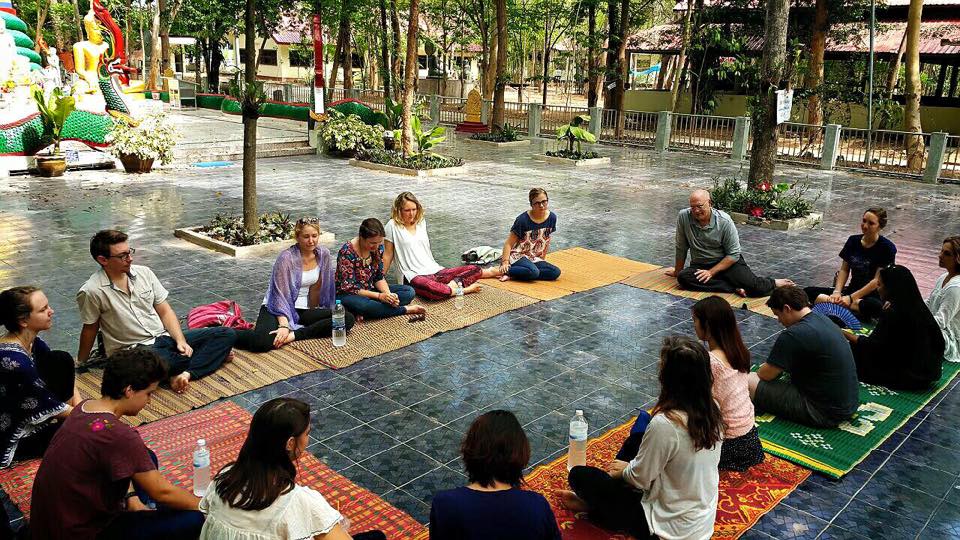
There are four main kinds of study abroad programs: direct enrollment, island, hybrid, and internship. As stated in the name, direct enrollment programs involve students directly enrolling at an overseas university, attending class and living like any other student from that country. Island programs, on the other hand, entail courses organized by the study abroad program. While participating students often live with individuals from their host country, their classes are only attended by other students in their study abroad program. Hybrid programs are a mix of the two; students take courses both organized by their study abroad program and those offered at a local university. Finally, internship programs include an internship with an organization or company in the local community in addition to coursework.
Because I wanted my study abroad experience to include significant community involvement, I ended up choosing an island program. The CIEE staff has built my program and coursework specifically around development, globalization, and environmental issues in the local Thai community in which we will be living. As a result, I will be spending as much time learning and working outside the classroom as inside it—something I couldn’t be happier about.
Academics
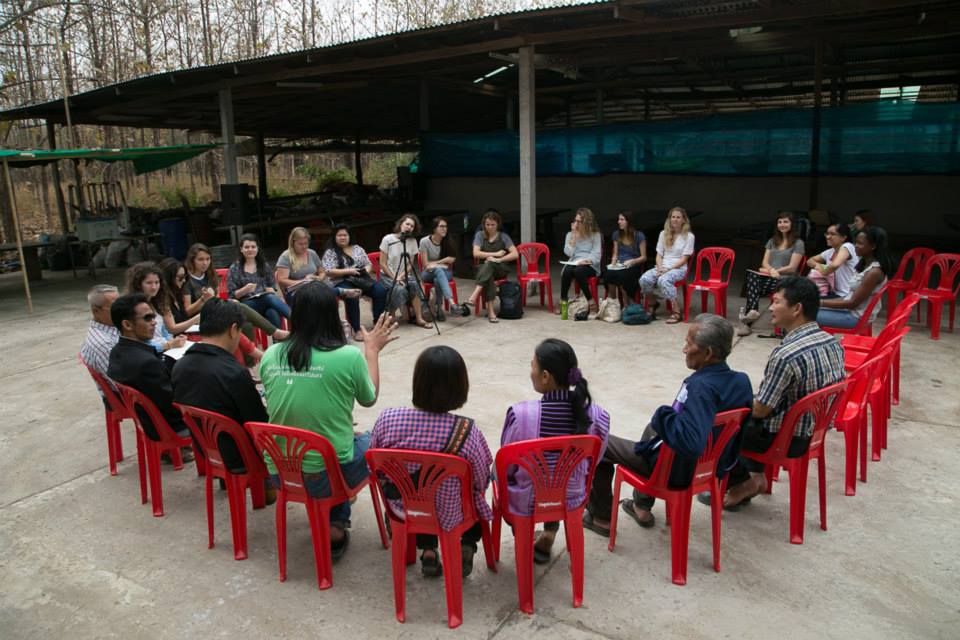
Any college student interested in studying abroad must think about how a semester or two away from Rochester will figure into their academic plan. For those with a significant number of major requirements, the number of study abroad programs that offer the courses they need may be limited. Even students with fewer requirements often approach study abroad as a practical endeavor, recognizing that the right kind of program could provide them with important career-related experiences. While studying abroad is certainly a fun and exciting adventure, it can also be a chance to prepare for the future.
In my case, the program that I’ve selected not only combines my interests in anthropology and journalism with courses that count toward my majors, but it will also give me a chance to see how international journalists and NGOs actually do their work. After returning, I’ll (hopefully) have a better idea of whether either is a field that I could see myself pursuing a career in.
After years of waiting, I could not be more delighted with how my study abroad decision has turned out. I really feel that I’ve found the perfect program for me and feel so extremely lucky to have done so. I still can’t believe that in just two and a half months I’ll be on my way.

